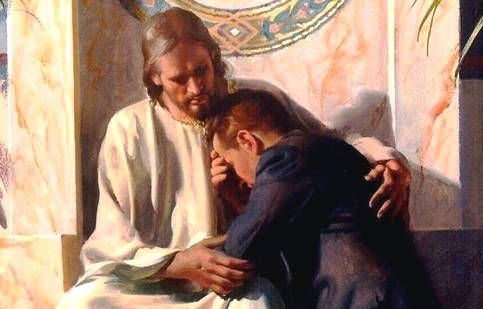Forgiveness through indulgences. Here's how to get it
PARTIAL AND PLENARY INDULGENCE
PARTIAL INDULGENCE
Partial indulgence can be purchased multiple times on the same day.
In this type of indulgence the amount of remission of punishment due for sin is proportional to the fervor and detachment from evil that the faithful possess. Special mention deserve four concessions of partial indulgence:
1. To the faithful who, in carrying out their duties and in enduring the adversities of life, raise the soul to God, adding, even mentally, a pious invocation (for example: "Father", "Thy will be done", "Blood of Christ, save me", "My God", etc.).
2. To the faithful who, with a spirit of faith and a merciful soul, place their goods, their work, their gifts of spirit at the service of those who find themselves in material and spiritual need.
3. To the faithful who, in a spirit of penance, spontaneously deprives himself of something lawful and pleasant, the renunciation of which involves a personal sacrifice.
PLENARY INDULGENCE
Plenary indulgence can be purchased only once a day, to purchase it, in addition to excluding any attachment to sin, including venial sin, it is necessary to carry out what is required (visit to a church or other) and fulfill three conditions:
1. sacramental confession with absolution;
2. Eucharistic communion made during the previous week;
3. prayer according to the Pope's intentions; generally it consists in the recitation of a our Father and an Ave Maria. The faithful, however, is free to replace these two other prayers he preferred.
Special mention deserve some special concessions of plenary indulgence (always bearing in mind that it can be used only once a day:
1. adoration of the SS. Sacramento for at least half an hour;
2. pious reading of the Holy Bible for at least half an hour;
3. pious exercise of the Via Crucis;
4. reciting the Marian Rosary in a church or public oratory, or in the family or in a religious community or in a pious association;
5. the visit to a church on the feast of the Porziuncola (2 August) and in the commemoration of the dead (2 November), with the recitation of a Our Father and a Creed;
6. in article mortis (at the moment of death) for those who invoke the most holy name of Jesus and Mary and accept the will of Heavenly Father.
